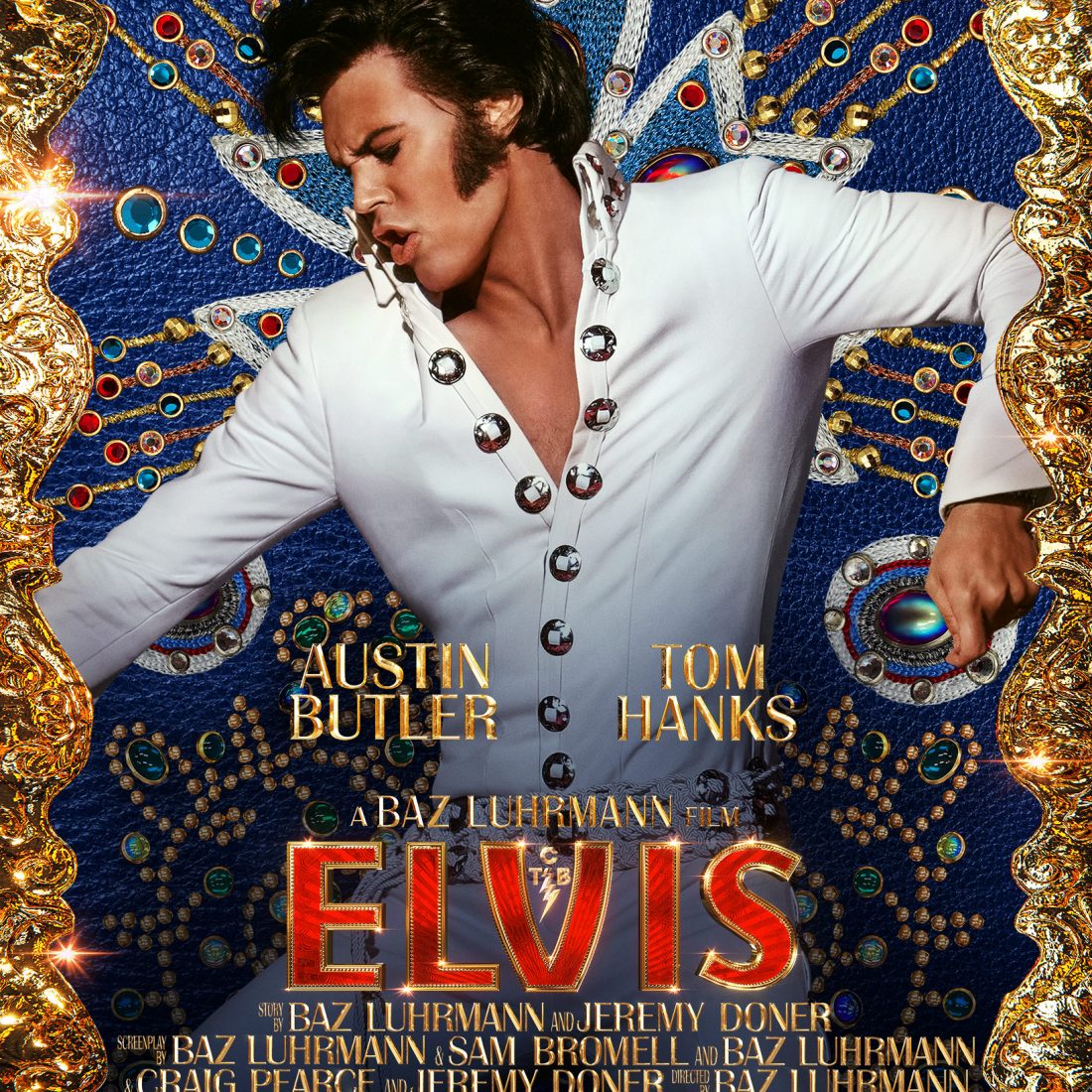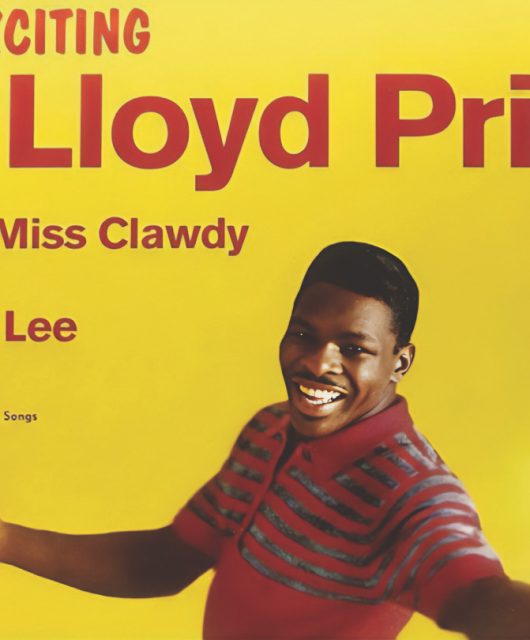Elvis Presley’s life story has been told countless times on film and TV, with Baz Luhrmann’s take on the King due very soon. We look back at the many Elvis biopics, from the sublime to the ridiculous…
Elvis, 1979
It was a decidedly off-brand John Carpenter (Halloween, The Thing, They Live) who was behind this fan favourite made-for-TV film that headlined one-time child actor Kurt Russell as the King. Carpenter started on the movie after finishing Halloween, and was keen to move into a different genre. “I wanted to work with actors,” he told Film Comment magazine. “I wanted to do a dramatic film. I wanted to do something different. And Elvis was the first thing that came along that I had any feeling for, personally – because I did have a feeling for Elvis, I liked him very much, cared about him.”
Carpenter’s passion for Elvis oozes from every frame of this rags-to-riches odyssey. So much so that the director ends the film in 1970, before the King’s creative and physical decline. It’s very much a print-the-myth approach to the Elvis story, more hagiography than biography, as you might expect given that it arrived just two years after the King’s death. At just under three hours it has the space to tell the tale of Elvis’ rise to fame without it feeling rushed, while Russell – who’d actually acted alongside Presley in 1963’s It Happened At The World’s Fair – gives an electrifying lead performance, capturing the King’s raw charisma without ever lapsing into caricature.
Carpenter was reportedly so obsessed with accuracy that he asked Priscilla Presley to look over the script, at a cost of $50,000. He also managed to secure Elvis’ father’s support, who bequeathed one of Presley’s real-life jumpsuits to the film. So the next time you watch it, know that that’s Elvis’ real Adonis jumpsuit, not a copy.
Elvis And The Beauty Queen, 1981
Future Miami Vice star Don Johnson proved fatally miscast as Elvis in this justly forgotten TV movie that focuses on the King’s relationship with former Miss Tennessee Linda Thompson (Stephanie Zimbalist), his girlfriend for much of the 70s. Unlike Carpenter’s rose-tinted biopic, this one zeroes in on Elvis’ drug problems and sometimes feels more like a dramatised National Enquirer story than a primetime drama.
With its risible dialogue (“Nobody says no to the king of rock’n’roll,” Elvis tells Linda at one point) and a misfiring turn from a clearly in-over-his-head Johnson, Elvis And The Beauty Queen was savaged by the critics. In fact, the only person to come out of it with any dignity was Ronnie McDowell, a Presley nut (he’d reached No.18 on the Billboard in 1977 with his single The King Is Gone) who provided Johnson’s singing voice for the film.
Heartbreak Hotel, 1988
Not one of the proudest efforts on the otherwise skyscraping CV of director Chris Columbus (Home Alone, Gremlins, Harry Potter And The Philosopher’s Stone), Heartbreak Hotel is a fatally over-sugared comedy-drama about a 17-year-old boy who kidnaps Elvis as a gift to his mom. A box office flop, it was mauled by the critics. “Heartbreak Hotel is such a bad idea, nothing can rescue it, not even Georges Delerue’s music or Brian Keith’s impersonation of the King,” wrote the LA Times, while the great Roger Ebert called it, “The goofiest movie of the year,” adding that it was “a movie so bad in so many different and endearing ways that I’m damned if I don’t feel genuine affection for it.” Keith’s performance was one of the few aspects of the movie that won any plaudits: “The film’s Elvis is a funny fellow,” wrote the New York Times, “played by David Keith with a flair for mimicry and a fine appreciation for patented Presley mannerisms.”
Elvis and Me, 1988
In 1985 Priscilla Presley released Elvis And Me, an explosive, tabloid-tickling account of her life with the King, which included then-shocking revelations about Elvis’ various extramarital affairs. Three years later, it was adapted into a four-hour TV bonkbuster starring Dale Midkiff (who, two years before, had had his big break starring as the young Jock Ewing in Dallas: The Early Years) as Presley and Susan Walters (The Vampire Diaries, Teen Wolf) as Priscilla. Playing more as soap opera than anything else, Elvis And Me was a ratings sensation when it aired in 1988, even though its soft-focused love story angle meant it went down better with fairweather fans than it did the Elvis faithful.
Elvis, 1990
Michael St. Gerard had already guested as Elvis in two 1989 flicks – Civil Rights drama Heart Of Dixie and Jerry Lee Lewis biopic Great Balls Of Fire! – when he was offered the chance to headline a full 13-episode series about the King. Focusing on Elvis’ time before he became a star, it’s refreshing in that it circumvents the familiar story beats, but sadly audiences stayed away, so much so that ABC pulled the last three episodes. The 13 parts were eventually re-edited into a four-hour mini-series titled Elvis: The Early Years, while St. Gerard got one final crack at playing Presley in an episode of sci-fi show Quantum Leap in 1993. He retired from acting shortly after and is now a pastor.
Elvis And The Colonel: The Untold Story, 1993
(Pictured far right) Another exploitative, under-moneyed small screen effort, Elvis And The Colonel: The Untold Story starred walking mannequin Rob Youngblood as Presley and a what-the-hell-am-I-doing-in-this-shit Beau Bridges as Elvis’ famously difficult manager. Watching this, you’d be amazed at thinking that Elvis had any success in his life, as the film only seems interested in raking over the calamitous decisions Colonel Tom made for Elvis’ career. The real-life Colonel was a much more complex figure than the cigar-chewing huckster depicted here, while the film itself is littered with inaccuracies. Avoid.
Elvis Meets Nixon, 1997
The meeting between Elvis and the 37th President of the United States was one of the oddest episodes in the lives of both men. Travelling to the White House on 21 December 1970, Elvis offered his help to a bemused Richard M. Nixon regarding his war on drugs. Twenty-seven years later, this most bizarre of political hook-ups was dramatised in this cheap-as-chips TV movie that starred The Shawshank Redemption’s Bob Gunton as Tricky Dicky and Rick Peters as Presley, whose perfectly adequate performance is perpetually overshadowed by the risible wig they’ve made him wear.
Bubba Ho-Tep, 2002
Using the ‘Elvis faked his own death’ conspiracy theory as a kickoff, this gleefully schlocky horror-comedy sees the King (played by Evil Dead favourite Bruce Campbell) living out his retirement in a nursing home in east Texas, where he teams up with an old codger (played by Ossie Davis) who thinks he’s JFK to battle soul-sucking Egyptian mummies. Yes, really. Despite the goofiness of its premise, Don Coscarelli’s film is surprisingly poignant, and Bruce Campbell – aka ‘The Chin’ – brings unexpected dimensions to his portrayal of the King.
Elvis The Early Years, 2005
The thought of anyone but a pure-bred American playing Elvis Presley seems almost sacrilegious, but Irish actor Jonathan Rhys-Meyers would prove one of the most lauded screen Elvises, picking up an Emmy nomination and a Golden Globe for his kiss-curled efforts. Of course, it doesn’t hurt that Rhys-Meyers looks spookily like Presley, and it’s his smouldering performance that really carries this somewhat thin biopic, which climaxes with the legendary ’68 Comeback Special. Made in collaboration with the Presley estate, it benefits from being able to use original Elvis recordings on the soundtrack, but that cooperation clearly came at a price, with The Early Years serving up a frustratingly sanitised account of the King’s rise to stardom. By this point, the Elvis story had been dramatised so many times that any fresh version had to give audiences something they hadn’t seen before. Sadly, The Early Years offered true Elvis fans little that they didn’t already know.
Protecting The King, 2007
Not a full from-Tupelo-to-Graceland biopic, but a true-life drama about Elvis’ later years, from the perspective of the King’s stepbrother and bodyguard David Stanley. It was in 1972 that Stanley, whose mother had married Vernon Presley after the death of Elvis’ mom, became the bodyguard to the King and this self-directed drama benefits from the verisimilitude of coming from a true insider. Unfortunately, the story needed a more assured hand behind the camera and its micro-budget ‘direct-To-DVD’ roots are all too obvious.
Elvis & Nixon, 2016
Liza Johnson’s account of the oddest, most surreal political summit in history is certainly a more entertaining ride than Allan Arkush’s mockably bad 1997 effort, taking a more comedic approach to what is essentially a pretty absurd story. Michael Shannon proves suitably eccentric casting as a darkly threatening Elvis, while Kevin Spacey channels his shadowy House Of Cards character Frank Underwood as the famously paranoid and disreputable Nixon. Frequently hilarious, Elvis & Nixon doesn’t pretend that it’s offering up a journalistic account of what happened that day in 1970, instead it’s a comic riff on that famous Oval Office photo, and a study of two profoundly dysfunctional individuals at the very height of their powers.






